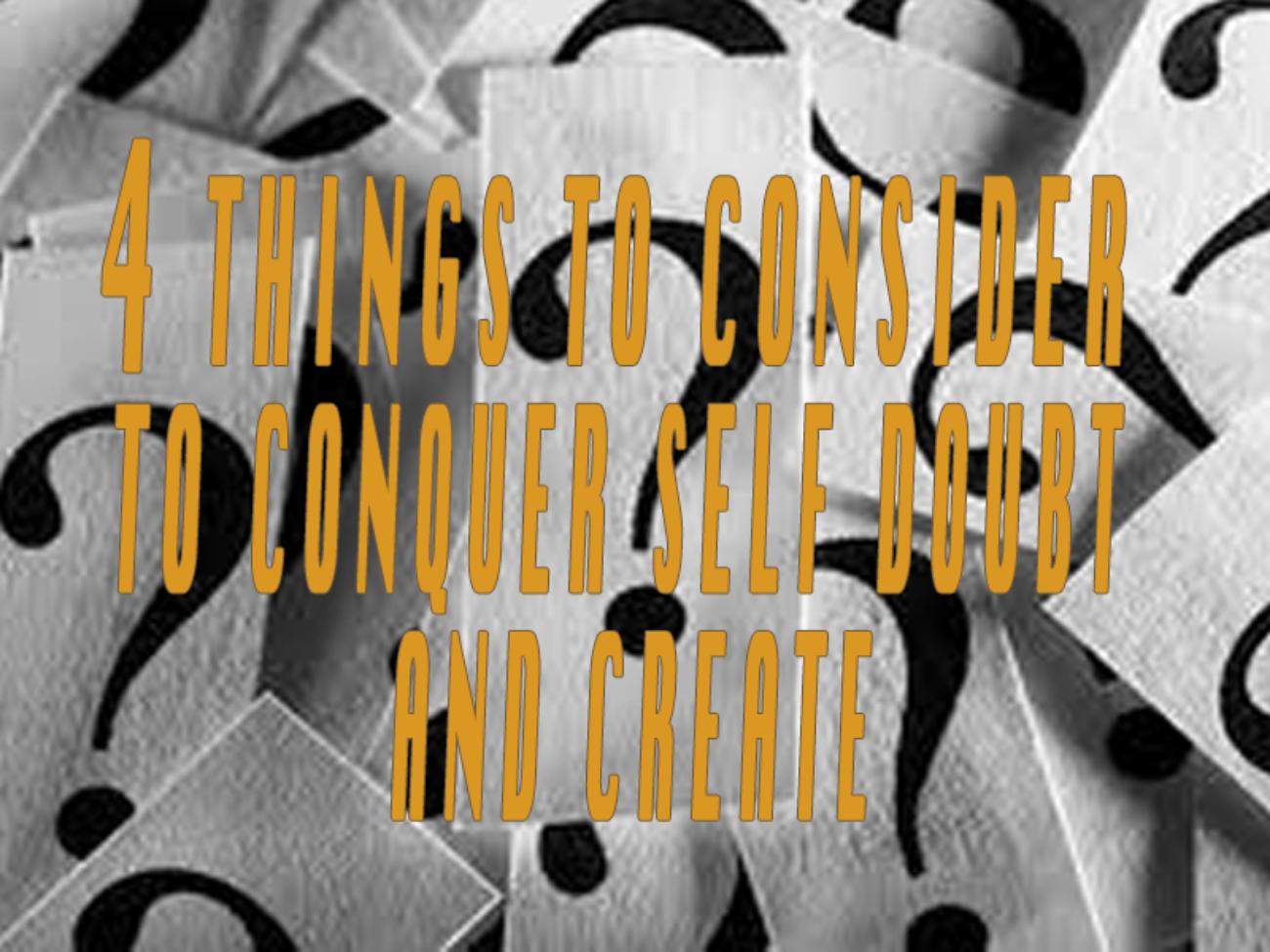Achickwitbeatz presents the Instrumental Intel podcast, bringing you information instrumental to your artistic career including music industry news & tips, insights & interviews, and beats for your inspiration. Listen on Saturdays at 7 pm EST on Grander Radio and Achickwitbeatz.com.
Follow on Facebook, Instagram, Twitter, YouTube Audiomack & SoundCloud, and subscribe on your favorite podcast platform. Download the Grander Media app to listen to Grander Radio on the go.
- Art
- Independent Labels
- Internet Radio
- Music Documentaries
- Album Reviews
- Music History
- Music Industry News
- Free Game Friday
- Free Downloads
- Poetry
- Books
- Interviews
- Did You See It?!
- Hip Hop History
- Hear Here
- Music News
- Hip Hop Documentaries
- Music Marvels Radio Show
- Think Piece Thursday
- Mini Documentaries
- Instrumental Intel
- Music Humor
- Indie Analysis
- Conversations & Quotables
- Music
- Resources for Artists
- Podcasts
- Beats/Instrumentals
- Music Education
00:02
Hey, thank you so much for tuning in to Instrumental Intel. I am your host, music producer, Achickwitbeatz. And I'm glad that you're here with me. Today's episode has music industry news, instrumentals by me for your inspiration, and later, my special guest, Jonathan, the founder of SmartLabel will be joining me. We're going to talk about some of the great work that they're doing over there and basically building a music economy that pays back. So it's going to be a great time. I'm really excited to be bringing this to you. And so before I go ahead and even drop that first beat,
00:31
I want to give a shout-out to my home station, Grander Radio out of Grand Rapids, Michigan. And with that, let's go.
[BEAT BREAK]
12:47
Hey, this is music producer Achickwitbeatz, and you're listening to my podcast Instrumental Intel.
12:57
[BEAT BREAK]
16:20
Hey, I'm Achickwitbeatz, multi-genre music producer and strategist to indie artists and labels. Visit achickwitbeatz.com for resources for artists and instrumentals in various genres available for songs, vlogs, blogs, podcasts, themes, TV, film, commercials, and more. Once again, that's achickwitbeatz.com. That's A-C-H-I-C-K-W-I-T-B-E-A-T-Z.com.
16:49
Let's make something happen. Alright, I'm back with the music biz brief. First up, the HITS Act was included in the highly publicized bill that was recently passed by the U.S. House. It offers tax relief to independent artists, songwriters, and labels, allowing up to $150,000 in music production expenses to be deducted in the year they're incurred. This brings the music industry in line with film, TV, and theater.
17:13
Music advocates say it's a historic win that will ease financial pressure on indie creators and help sustain a thriving creative ecosystem. Unfortunately, the same thing cannot be said for the rest of that bill. Moving on. Cloudflare just launched a pay-per-crawl model aimed at protecting creators from unpaid AI scraping. Websites can now block AI crawlers by default unless companies pay for access,
17:39
something Cloudflare hopes will evolve into a full marketplace for licensing content to AI. Universal Music Group Voice Support, calling it a step toward protecting creative IP. Meanwhile, BandLab updated its licensing platform to let artists, labels, and publishers mark songs as open to AI licensing. AI companies still need explicit approval for use, but this lays the groundwork for more controlled, creator-approved AI training deals.
18:05
Next, songwriters could be missing out on millions in royalties from over 100,000 UK gigs due to PRS for Music's inability to match performances with Setlist. While PRS collects a cut from ticket sales, the money often sits in an unclaimed pot, known in the industry as the black box, when Setlists aren't submitted. Most of these missing payments are tied to grassroots pop shows. Critics say the system favors larger publishers over smaller artists. Legal challenges are underway,
18:35
And an alternative dispute resolution meeting is set for September 25th. Also, Merck Mercuriatis, the founder of Hypnosis Songs Fund, is launching a new company, also called Hypnosis, with hundreds of millions in investment already secured. This new venture will focus on acquiring stakes in major artist management companies and music catalogs, aiming to give artists and managers more control and a bigger share of earnings.
19:00
He also hopes to one day buy back the $2 billion catalog he originally built before Blackstone's acquisition, which rebranded the original Hypnosis assets as Recognition Music Group. Next, YouTube is updating its monetization rules on July 15th to better flag mass-produced, repetitive content widely seen as a move against low-quality, AI-generated videos. While YouTube says it's a minor policy tweak, it reflects growing concerns in the broader digital world, including music,
19:30
about the flood of quote-unquote slop content competing with authentic creators. Platforms like YouTube and Spotify are under pressure to draw clearer lines as AI tools become more accessible and widely used. YouTube is also phasing out its Trending page and Trending Now lists, shifting the category-specific charts like Trending Music Videos and Top Podcast Shows. This reflects that users now discover content through personalized recommendations, searches,
19:58
and niche fandoms instead of a single viral list. The change aims to highlight more relevant content and support diverse creators with new discovery tools like the Inspiration tab and features like the Hype to boost rising talent. The update will roll out in the coming weeks. Also in news, Leveler, the startup behind fan community tools for major labels like Universal and Warner, has launched an AI-powered social listening tool for Discord.
20:25
The new feature analyzes millions of fan messages to surface trends, emotional tones, and topics like album theories and tour wishlist cities. With over 10 million messages processed monthly, it's designed to help artists and teams turn fan chatter into actionable insights. Next, Beatport has launched The Block, a mobile stage built from a shipping container to spotlight emerging DJs at festivals and UK cities this summer. With over 400 nightclubs closing in the UK in the past five years,
20:55
The initiative aims to create new performance opportunities. DJs can apply to play at its debut stop, Junction 2 Festival in London, by submitting mixes online. Backed the NTIA, it's a part of Beatport Live's push into physical events to support grassroots talent. And finally, SoundCloud has teamed up with Elastic Stage to let artists sell vinyl with zero upfront costs and no minimum orders. Starting with approved Artist Pro users,
21:22
The print-on-demand model allows fans to purchase records directly while artists earn from the first sale. All production, shipping, and support are handled by Elastic Stage, with global shipping to 90-plus countries. The partnership aims to open up the booming vinyl market, which is up over 300 % since 2016, to more independent artists without financial barriers. Alright, that's it for this week's Music Biz Brief. I'm gonna take a quick pause for the cause, and then I'll be back with my special guest,
21:50
Jonathan, founder of SmartLabel, right after this. Keep it locked.
21:57
[BEAT BREAK]
30:22
Hey, this is music producer Achickwitbeatz, and you're listening to my podcast Instrumental Intel.
30:46
[BEAT BREAK]
35:57
Hey, it's Achickwitbeatz. Make sure you keep it locked. Coming up soon is Jonathan, founder and chief business officer of SmartLabel. Just a little bit of background on the company, SmartLabel is a digital music distribution and analytics platform designed to help independent artists and labels manage their releases more effectively. It offers tools for tracking, streaming performance, audience engagement, and revenue in one centralized dashboard. With SmartLabel, artists can make data-driven decisions about marketing,
36:26
play listing, and release strategies, giving them more control and insight without needing a major label. It's especially useful for those looking to scale independently while staying on top of their catalog performance across platforms. Alright, back to the beats, and then next will be my special guest, Jonathan from SmartLabel.
36:50
[BEAT BREAK]
40:35
Hey, I'm Achickwitbeatz, multi-genre music producer and strategist to indie artists and labels. Visit achickwitbeatz.com for resources for artists and instrumentals in various genres available for songs, vlogs, blogs, podcasts, themes, TV, film, commercials, and more. Once again, that's achickwitbeatz.com. That's A-C-H-I-C-K-W-I-T-B-E-A-T-Z.com. Let's make something happen.
41:01
All right, thank you so much for tuning in to Instrumental Intel. I'm your host, music producer, Achickwitbeatz. And I'm glad to say that I have in the virtual building with me today, Jonathan from SmartLabel. If you could just give everybody a little bit of background as to who you are and what SmartLabel is and how you put the dots together. Yeah, of course. First of all, thanks for having me. Like you said, my name is Jonathan. I'm one of the
41:30
founders together with Joost Rode of the tech company the music industry named SmartLabel.
41:37
We are launching a worldwide alternative for parties like Spotify, so a new DSP. But then I always say in a way that it should be. So that as an artist you have 100 % control and transparency about your fan data, but you have also something to say about the valuation of your IP and a way to directly connect with your listeners because nowadays as an artist
42:07
I don't know who I'm selling my music to and I cannot determine the price I'm doing it for. And that is basically the only business in the intellectual property space this is the case. So that's why we are building this. Absolutely. And it's so important, especially with all the different things that are happening now. You know, since we've been connected on LinkedIn, I've seen some of the things that you've shared your insight about as far as intellectual property.
42:36
And so for those who may be listening and not fully understand, because I know a lot of times there are people who aren't creatives that think that sometimes artists are overreacting to the AI and it's not that all artists are against it. You know, it's just kind of like, hey, this is my intellectual property. How can I be compensated for it? So yeah, if you could talk a little bit more about the importance of actually valuing. Yeah, yeah.
43:00
I would say to really flatten it out, intellectual property is everything that has value you cannot touch. The things, ideas, words, lyrics, melodies. We have laws and legislation in Europe, but also where you are in States to protect that. And currently, if you look at how companies like Suno and Audio are
43:31
dealing with intellectual property. We are absolutely against that and not per se from the creative aspect because we love AI, we want to use AI. But it's about the datasets they use to train the model and that is trained on stolen music. And that means as somebody who's in the dataset, you don't know you are in the dataset.
44:00
and you won't be credited. You can not even think, start about thinking being compensated. And there is no way to say that this output, this song I created with this model is influenced by me in, well, 5%, 10%, 80%. So there is no legal framework. And the thing that frustrates us sometimes a little bit is that the option to do it the right way
44:29
is there. Like we are not against innovation, we are not about pushing boundaries, we are not like when the calculator came that the math teachers went on the street and say nobody can do math by heart anymore. That's not the thing. The thing is that you are entering the game from let's say a deceiving perspective and we want not to repeat history again where if we now look at
44:59
the position of the creator, the one who's doing all the work, the one who's creating the outputs, is coming in last even if he's coming in line to be credited and to be paid. So all the people who know the law, all the people who are working at the corporations, all the people who have the financial backing to invest, they can reap the fruits of your hard work, sweat, creativity and you are last in line to be
45:29
And I'm advocating to not repeat this with AI and a lot of people are not seeing the difference. It's really about making sure creditors get credited and get paid in a fair and
45:47
more or less transparent way. Right. And I mean, that's one of the things that I typically see people say, you know, well, you can't fight against it. It's like, well, no, it's not trying to fight against it. Like you said, the capability is there. So why not just do the right way? So, you know, again, this just kind of helps people put in perspective, you know, when you're talking about intellectual property, exactly what we mean by that. And so now
46:13
Especially since the pandemic, feel like it's been, I'm not sure what you've been seeing since, you know, you're closer to the industry than I am, but there have been a lot of catalog purchases. And so to see an opportunity like that arise, I guess, for independent artists or independent labels, I think is a huge thing. So can you talk a little bit more about- Yeah, yeah, I can. I don't think that opportunity is there for individuals or small labels.
46:43
I think this is a highly professionalized, let's say, a business where only the big dogs and the big bucks have the power to purchase and or sell catalogs. And that's also one of the things we are trying to change with our music exchange that is a feature on tracks that as a retail investor, you can directly support the artist and the songs you love. And as an artist,
47:12
You don't have to sell your master rights to a record label to have access to capital. But you can say, hey, instead of selling it to a record label for the rest of my life, I will share 5 % or 10 % of my future royalties with my fans, with my listeners for a period of let's say three years or five years. And that brings, let's say, that's evening the playing field. Because...
47:40
Currently as a retail investor, you have almost no option to invest in music rights and as an artist, and if you want to directly sell your music rights or find access to capital, chances are, let's say zero to none. Absolutely. So yeah, I think it's a great thing that you're doing. Who, if you could describe, who would be the ideal type of artist or label to benefit from something like this?
48:10
I would say that is very broad spectrum and that's also when we created this company in 2022. We learned from all the music tech initiatives that are on the, I call it the music tech graveyard. well, how people say it like let's say the way to hell is full of good intentions.
48:39
Yeah and that's also with this because if you look at the situation
48:49
how it currently is for a small label, for an artist. You need to have direct contracts to distribute. Most of the people don't have that, so they basically use Tunecore or whatever. And nothing against probably like the Distorkid CD Baby Tunecore. They are great applicators, but they are maybe not really built to scale this for the artist.
49:15
And even if you have, let's say, only 10 songs on Spotify, you have 50 monthly listeners, you have 50 people, apparently, we don't know because Spotify is not transparent, but it says 50, so let's believe them, huh? And who are listening to your music, but you cannot connect with them, you cannot reward them for listening to your music. And you cannot ask them maybe to invest in you, even 10 bucks.
49:45
to have the opportunity to rent some studio time or to make a cool video clip. Maybe you're going to make the video clip even with AI. But you don't have that option to grow your career. So I think that's a very important wall currently. It's a brick wall in the music industry, in the creative sector. And we are trying to build a door there. We are trying to build a way you have access to capital. You know who your fans are. You can interact. You can chat. You can ask. You can reward. You can do whatever.
50:15
Also for the beer labels or for catalog owners or rights managers. They are also not aware of the data that's available. DSPs have no intention of giving you that data on your fans. Publishers also have no intent to give you insights on how they are matching their statements.
50:45
Because everybody is sitting on his own big mountain of data they see as their gold. And other initiatives are always trying to build something around the music industry that means one.
51:01
or you are ignoring rules and legislations or not complying so you're not scalable you cannot really build a big company because you are basically breaking the law or you are building something that's not very interesting for all the music that's already released well I gotta tell you we did a lot of market research the percentage of new music people listen based on old music they love and repeatedly listen is very in the advanced
51:30
of the old music, let's say the evergreen economy. So you need to be compliant with that. that's basically how we started building SmartLabel. And then we came to the conclusion, okay, if you really want to do something different, then we need to put our money where our mouth is. And we need to build a worldwide, decentralized, open-source infrastructure-like company.
51:57
as Spotify, but where we don't own it ourselves, we are transparent about the data and artists and the rights owners are de facto always in control.
52:11
So that means you know who's listening to your music. If people want to share that information, you can tell you your own IP. So you can say, if you want to stream my music, this is what I want for it. Maybe you need to pay me once, maybe you can spin it 10 times. And if you want to spin it 11 times, you need to pay something. All those metrics, you can set for yourself. And I think that's the way we can change things. And not overnight, it's not done by Monday next week. Also not by Monday next year.
52:40
But if we do it in right way and we show the industry that you still can make money, because that's the thing, eh? People think, oh, you cannot make money, it's open source, I gotta be attacked in my wallet and I want to protect that. If you show them a way how you can do it, you can even bigger the pie because there are gonna be new income streams and new ways to monetize your music and your fandom. Then I think we will be on the right trajectory with each other.
53:08
That's incredible. So like I said, I mean, what you're offering is amazing and it's definitely needed. Are there any other like special features that you would kind of want to, so like I said, most of the people who listen to this are independent artists. Some run labels, but yeah, any special features to kind of like, I guess entice them to go ahead and find out? Yeah, well, I think, um, um,
53:37
I think the majority of the people will do it because it benefits you. And then it's like a no-brainer. But a few things I think are very cool myself is that payments are direct and instant. So the moment somebody plays your song...
53:57
the money will be available in your account and can also be extracted from your account. So you don't have to wait longer than in this case, think seven seconds after the play is done. So I think that's a big game changer. The other thing is also project that comes really from my heart.
54:18
It's connected to SmartLabel of course, but we call it SmartLabel academy because I've been in the business for many years, if you know, and always people from all levels in the industry, I would say. So that can be a producer, a starting artist, a successful artist, a label manager, somebody who has a big ass catalog, I want to sell it. They all are basically clueless how music rights work.
54:42
Nobody knows. And there is like a terminology that's completely off. So some people call it an X and some people call it a Y, but they are basically talking about the same thing. And sometimes you check it out and they are both wrong. So we said we need to create one, well, one, one cool free open place where you have access to all the information regarding the music industry.
55:11
And we're going to launch that in a few months. We are now in the building phase. So if people want to connect with me and feel on this, just shoot me an email. Then I will get you in the loop. But basically it's an academy where you can find fair, transparent information about how things in the music industry work.
55:34
How do I register my rights? How do I protect my brand? But also where can I, you can download a template contract with default settings where we say, hey, you can watch to this or watch to that or a checklist what you need to release or how it works with a certain aggregator. hey, somebody says I get a hundred percent and you think I get everything but the question is a hundred percent of what? All those standard pitfalls.
56:02
I needed to learn in the past decade by also going on my, well, flat on my face sometimes. I want to bring that to all, to one place. So at least as a creative industry professional or aspire professional, you have a place where you can just double-check your things, what little videos, intro things, just have a safe haven of correct information.
56:31
That's not trying to sell you anything. So no commercial intent, no nothing of that, just a fair and safe, trustworthy place with information you need or information you would love to have before you put your signature under something you did not really understand. And a lot of people are afraid to ask for information.
57:00
because then they think they look stupid and they're gonna Google it or gonna use chat GPT and they're gonna ask the wrong questions so they will have the wrong answer.
57:12
Yeah. So that's maybe some, yeah, that's a really a project I love to do. And I'm very glad that now after a few years it's going to become a reality because I think it's just cool. I think it needs to be there. It definitely does. And that's very incredible. I've had a lot of music conversations.
57:33
interviews, I've read a lot of press releases, and never have I once heard of anyone say, hey, I want to give you a transparent way to manage what you're doing, and I'm not looking for anything in return. So yeah, that's definitely awesome. So yeah, I'm noticing that the time is kind of winding up a little bit. And I want to make sure that if there's anything else that you want to share, make sure that people know.
57:59
No, would say Traxx manager will be live as from September or global launch of the worldwide alternative for Spotify. We call it Traxx, a decentralized open source client side running music streaming app will be available in January. And currently we are in connect with a lot of people. have our onboarding team ready. So you can go to the website smartlabel.media, book a meeting, just shoot us an email.
58:28
and we will get you in the loop. so you well know what's up and get your music, get your rights sorted out. then, well, train is leaving time to jump on. Absolutely. And so once again, I want to thank you for taking time out of your busy schedule to chat with me and the listeners. And I definitely hope that they check out SmartLabel because what you're doing is incredible. And, you know, all the projects that you're working on.
58:57
And I'd like to think that maybe this could be the first of a series at some point. So as you guys roll out new stuff and maybe I can have you back on in the future. Yeah, I will put you high on our mailing list. Thank you so much. Yeah, and thank you what you're doing. I think it's great. Of course, you know, I followed you a bit. So that's all. we don't take all podcasts or interview requests, but.
59:19
What you're doing is great and we really appreciate and support you. So that's also why I will be here anytime you will email or call me because I'm a big fan of you. All right. Thank you so much. Thank you. All right. And that's a wrap for this episode of Instrumental Intel. I've been your host, music producer Achickwitbeatz.
59:38
I want to thank you for tuning in. I want to thank my special guest, Jonathan from SmartLabel, coming in to share his information, insight, and wisdom. I also want to thank my home station, Grander Radio out of Grand Rapids, Michigan. Make sure you come back next week. I got more goodness lined up for you. Till next time, you know where to find me. Tune in, tell a friend, and I'll see you then. Peace.
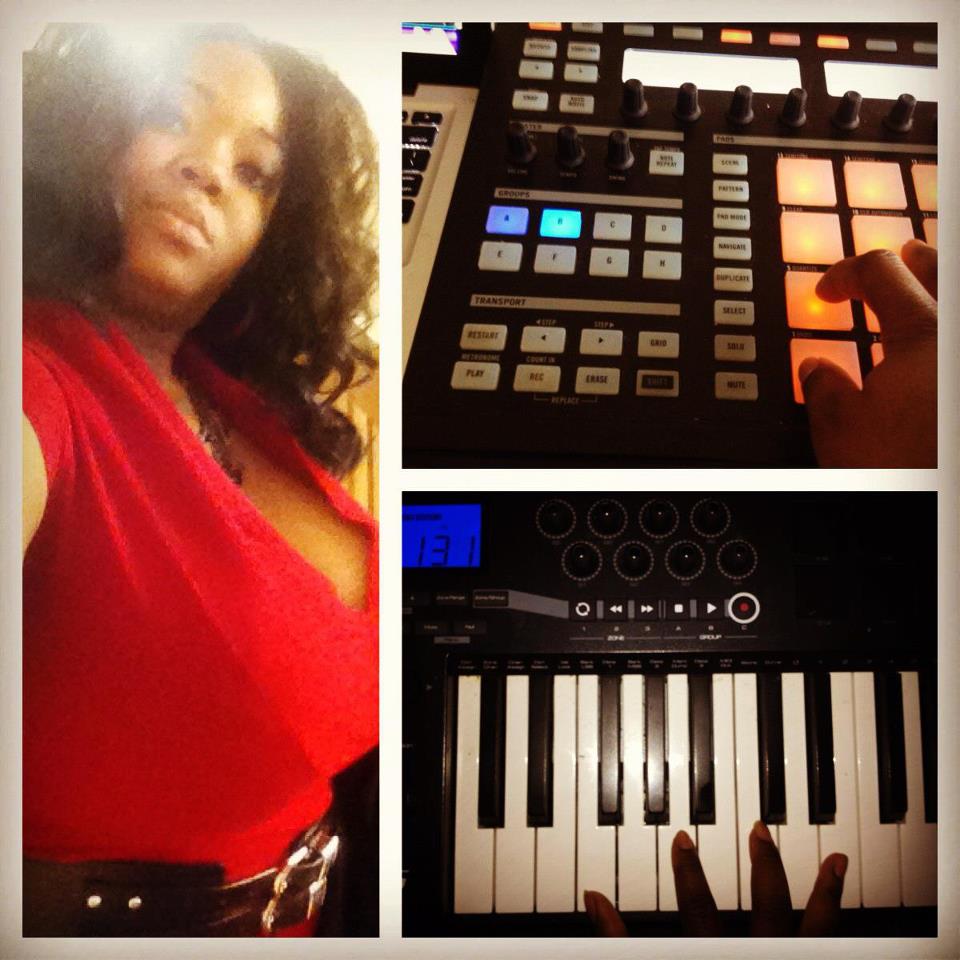
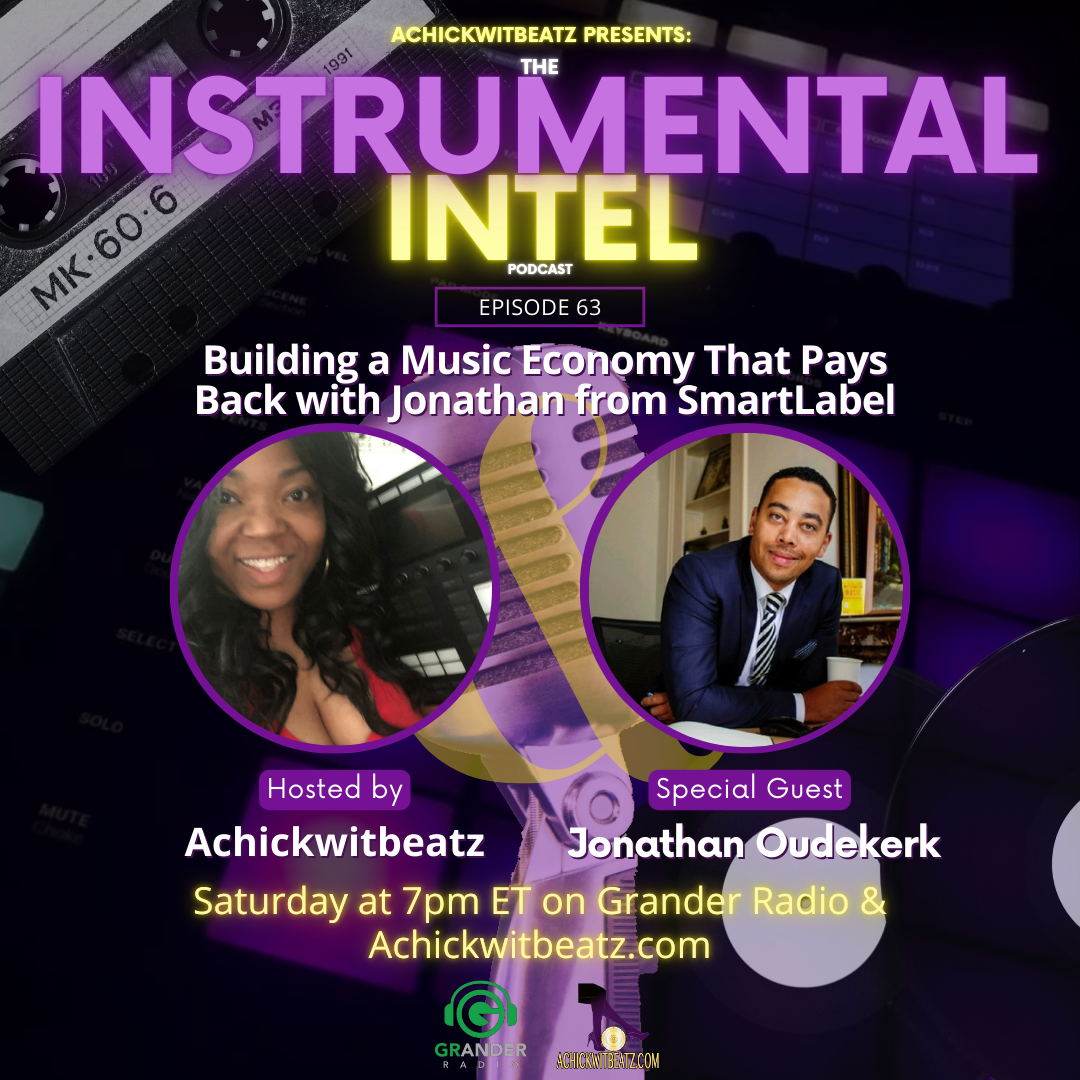






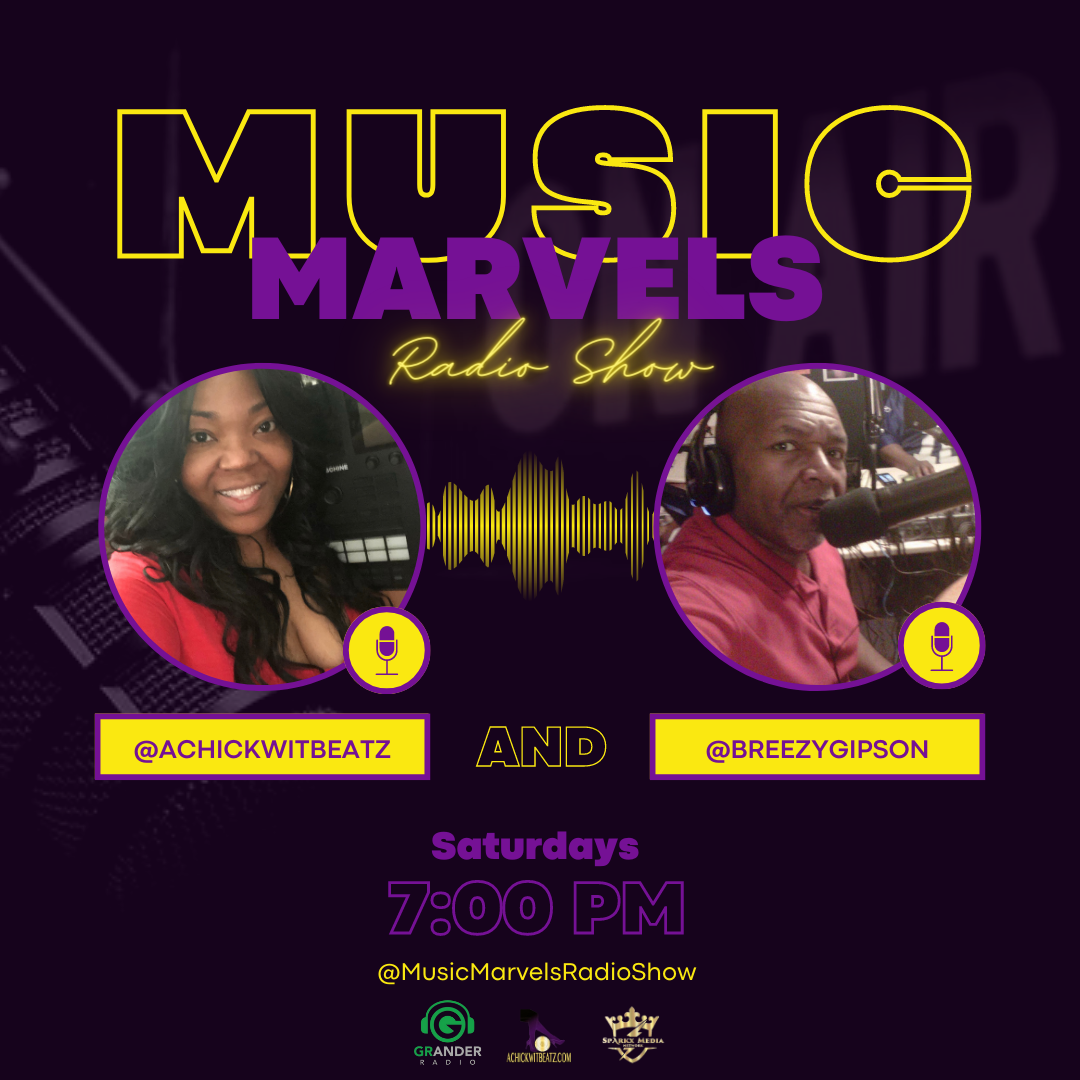
![Hear Here: Achickwitbeatz - Dopamine & Serotonin [Single]](https://images.squarespace-cdn.com/content/v1/52b0b90ae4b0293bfed0d692/1710852808557-EZYGFDIBHLBSIRFOVS1Q/Dopamine+%26+Serotonin.JPG)


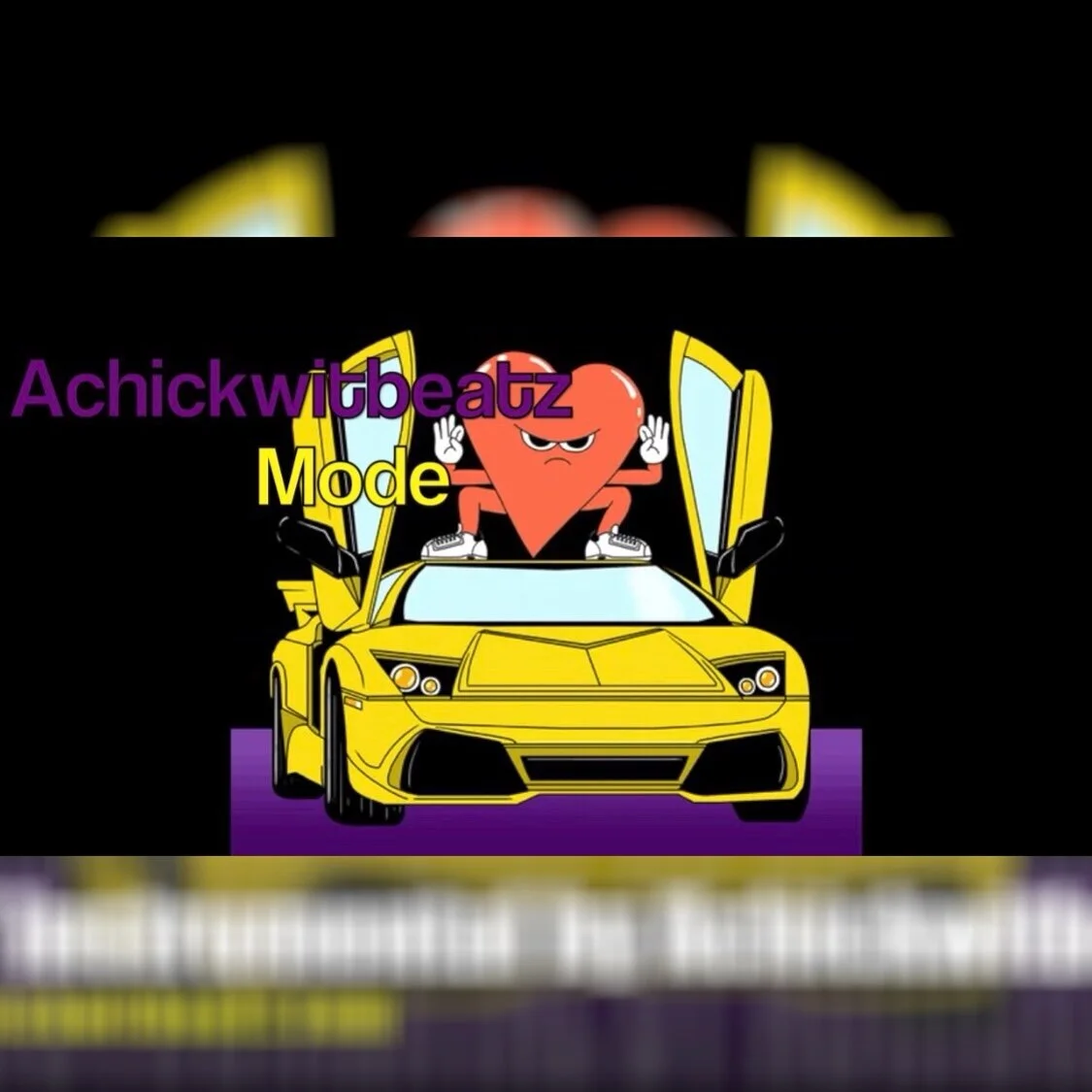
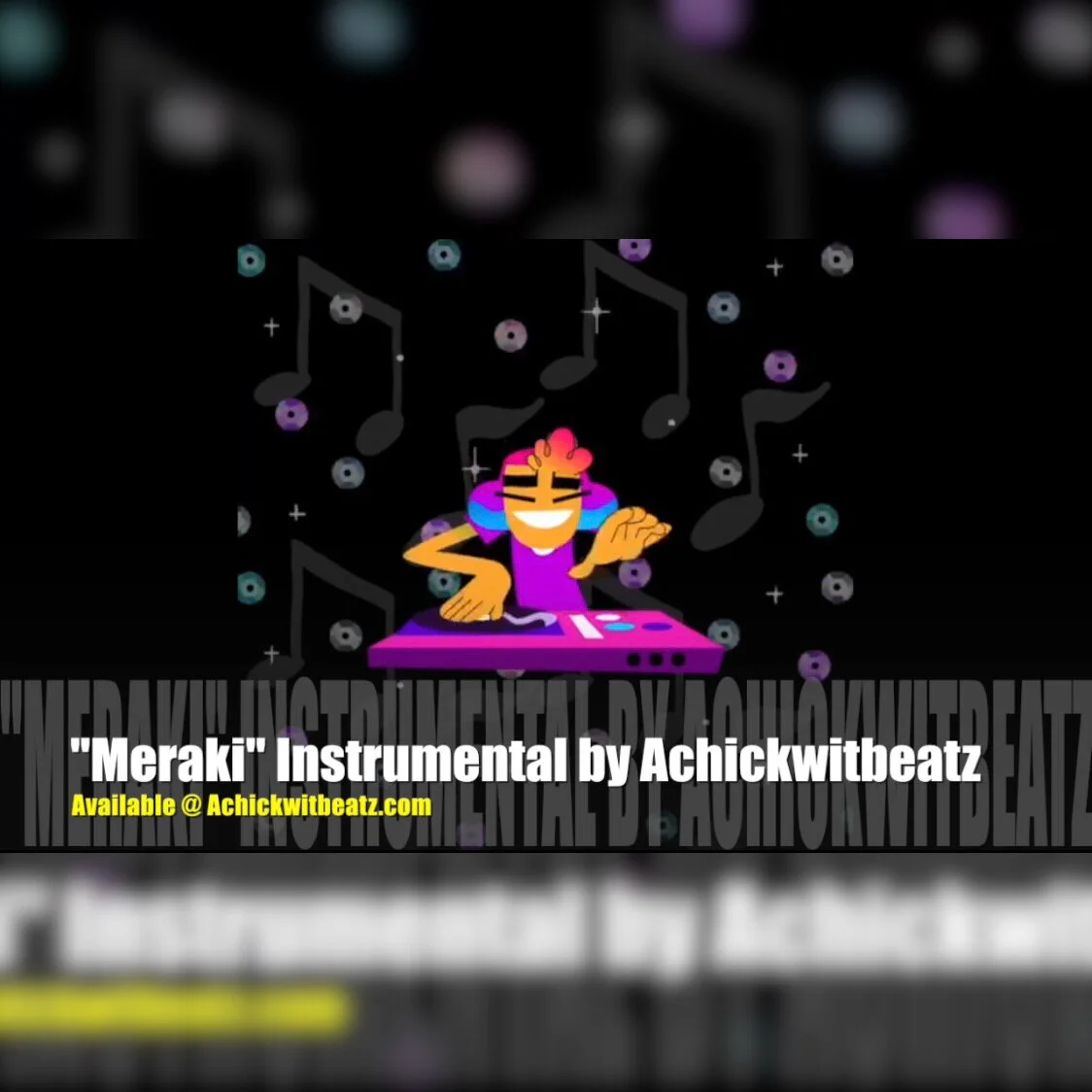





![Hear Here: Dagga Man- "Analytics" [Prod. by Achickwitbeatz]](https://images.squarespace-cdn.com/content/v1/52b0b90ae4b0293bfed0d692/1584638158548-9R55AZLWZIDFJC8LATV6/IMG_2212.JPG)







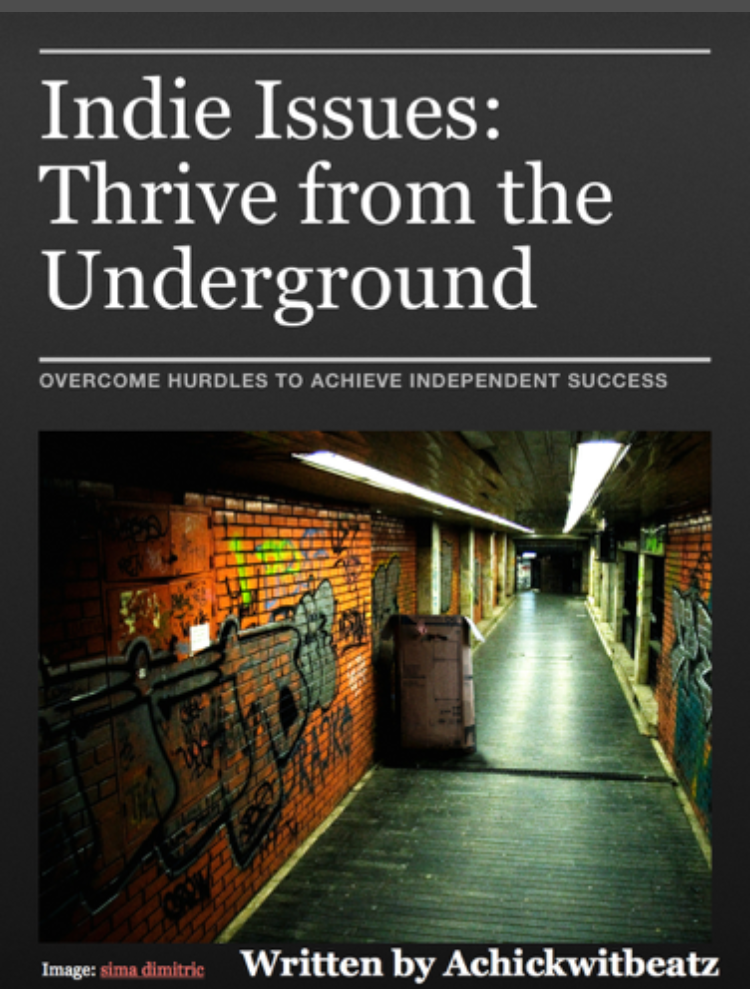
















![Making Music on a Budget [Infographic]](https://images.squarespace-cdn.com/content/v1/52b0b90ae4b0293bfed0d692/1582844361438-3JTE5NT3EL51FHXC0WJI/making-music-on_1929722%25281%2529.jpg)
